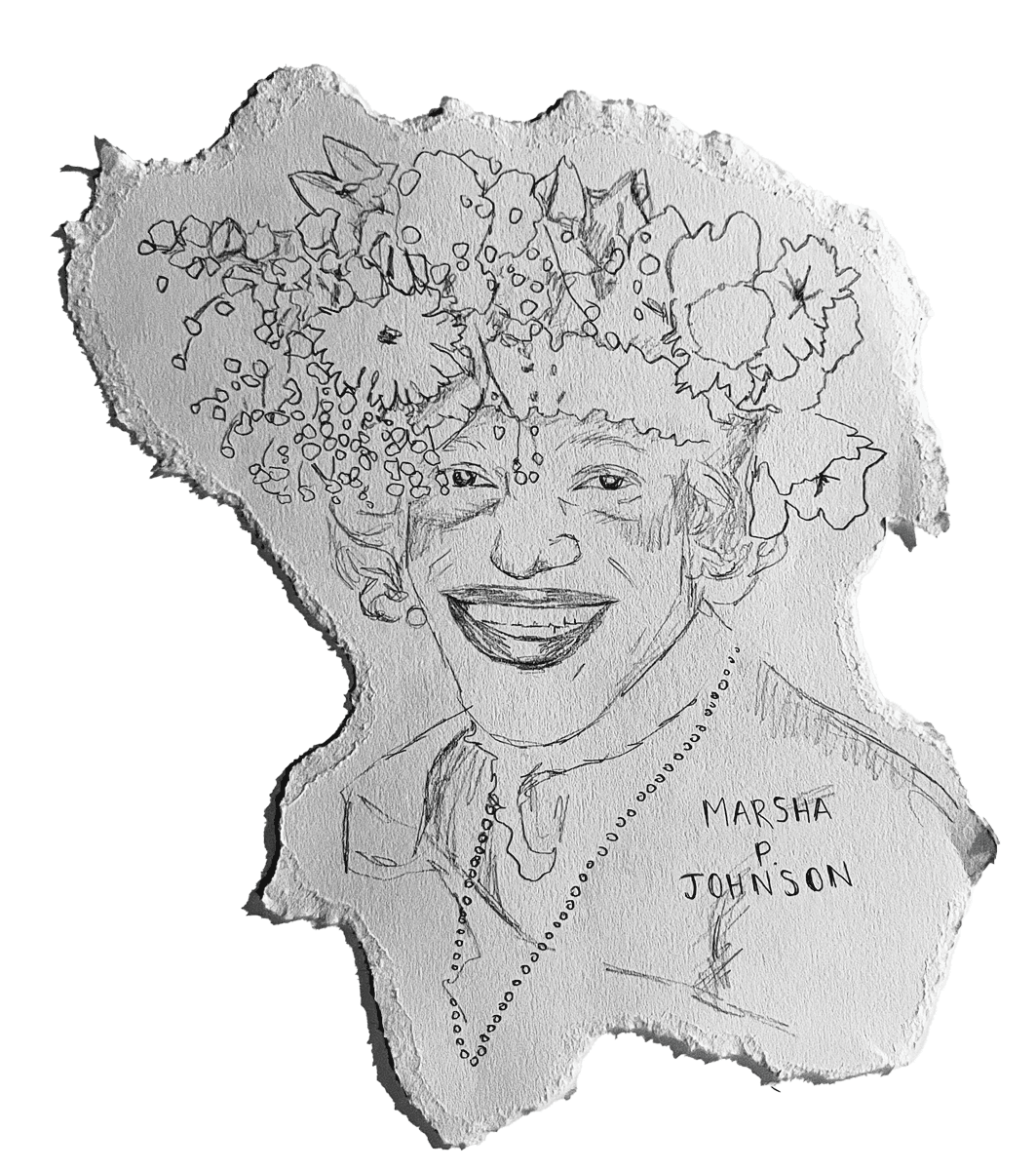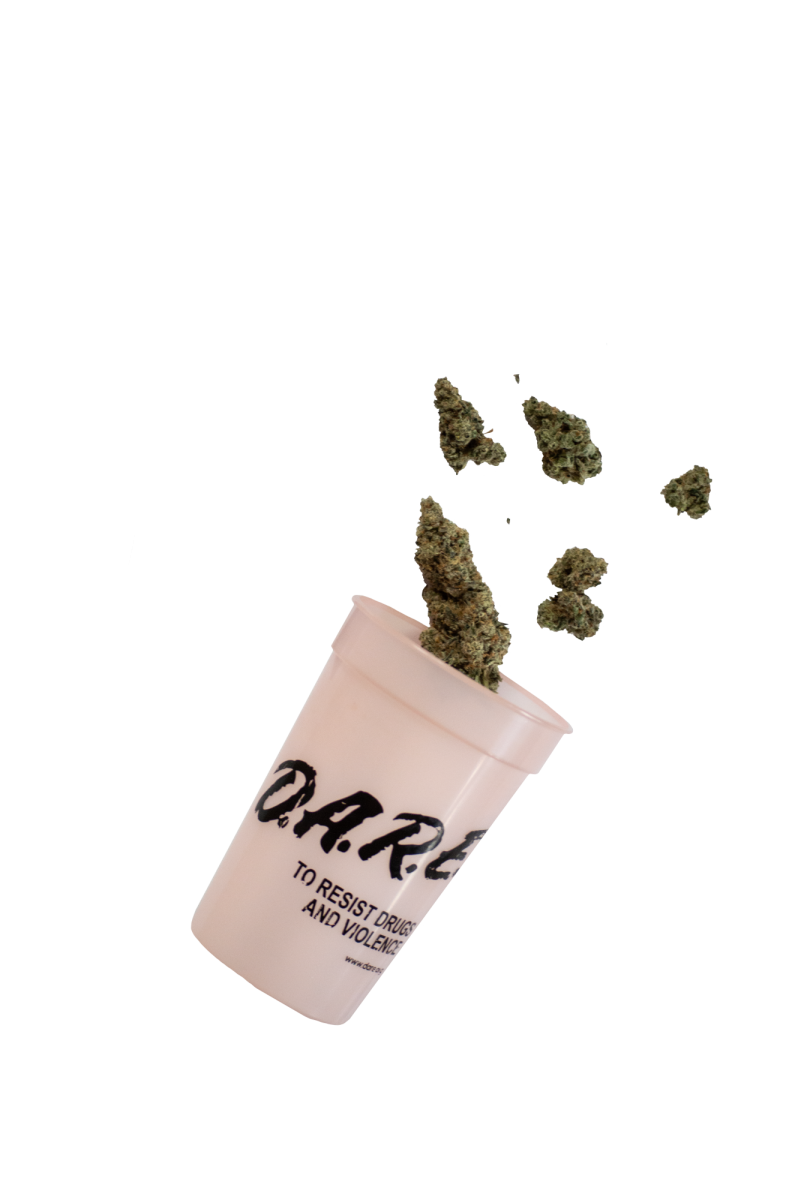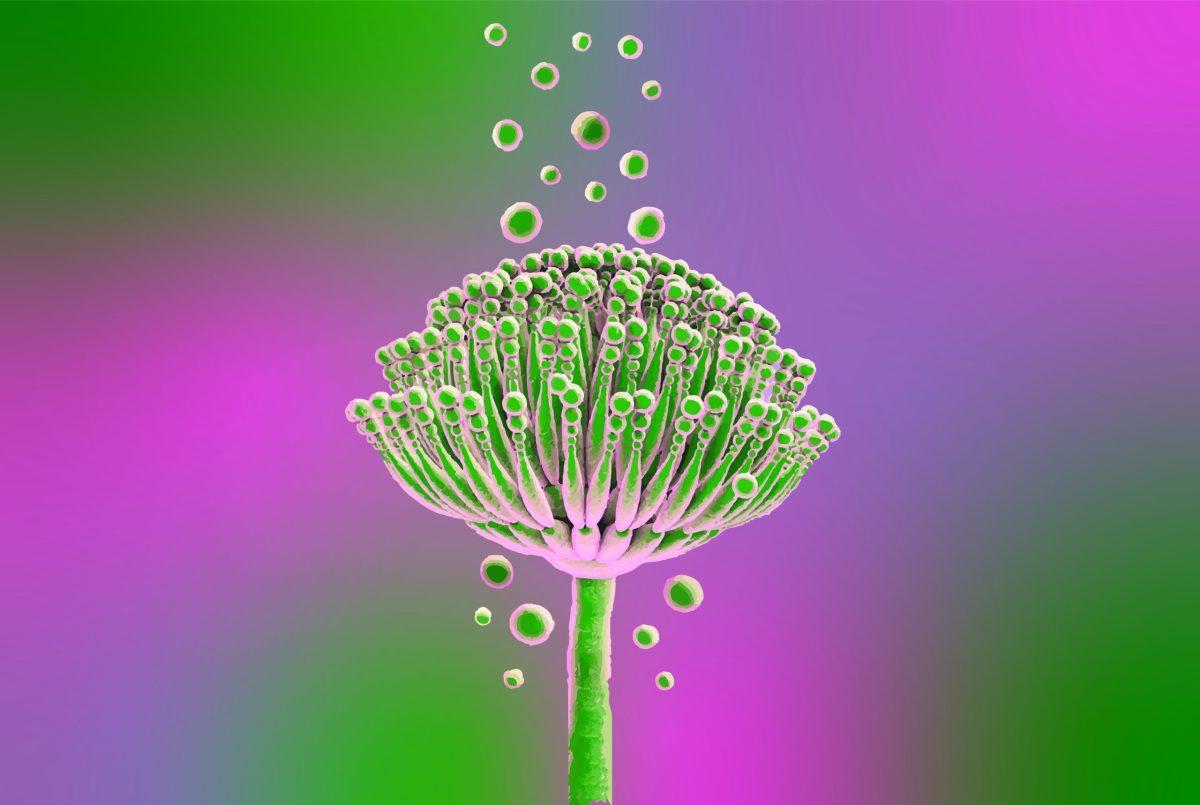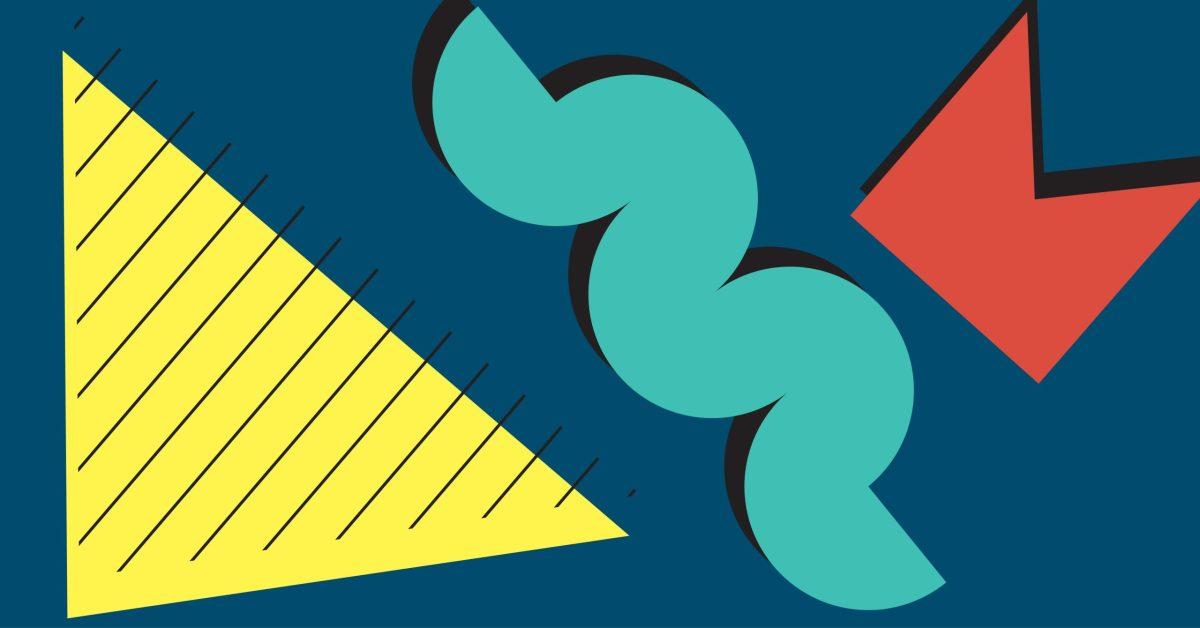Oregon is the first state to approve the legalization of ‘magic mushrooms’ while also decriminalizing personal possession of all other drugs. Measure 109 allows the Oregon Health Authority (OHA) to lead programs by licensed providers to conduct therapy that uses psilocybin-producing mushrooms. Measure 110 decriminalizes previously illegal substances, such as small possessions of heroin, meth, cocaine. By reallocating portions of the state’s cannabis tax revenue, mental health resources are to expand while repositioning the narrative around drug addiction and supporting Oregonians who struggle with substance use disorder.
Measure 109 does not allow at home manufacturing, consumption or distribution of psilocybin. In therapy sessions, it can treat depression, anxiety, PTSD, addiction and other mental health disorders. Unlike pharmaceuticals which are taken daily with an array of side effects, psilocybin provides “breakthrough therapy” with plant based solutions.
Drugs including fentanyl, cocaine, heroin, and all others are still illegal to possess, distribute and manufacture. The change lies within Oregonians no longer being jailed for small possessions; instead, they could be cited or fined up to $100, rather than “the existing misdemeanor of one year in prison and a $6,250 fine.” A person can avoid the fine by participating in a health assessment. Large possession amounts and trafficking still remains a criminal offense.
About 58 percent of voters were in favor of Measure 110. This progressive change in legislature addresses a major problem that about one in ten Oregonians struggle with, according to a report released by the Oregon Substance Abuse Disorder Research Committee. About $6 billion is spent annually on addiction through funding policing, jailing and healthcare. Measure 110 mandates expansion of treatment facilities through widening resources partly funded through the state’s cannabis tax revenue. Afterall, jail and prison are not rehabilitation resources.
“My main concern for 110 is really how much it is pulling away from schools and mental health treatment,” said Alexandra Arnett, another staff writer for Green Eugene. “I think it’s unwise to divert funds from either as education and mental health really go hand in hand with steering away from addictions.”
The remaining 42 percent of voters in opposition of Proposition 110 worry about what this means for Oregon schools, which receive about 40 percent of the revenue generated.
Measure 110 will directly affect people of color within the local criminal justice system. Black people are statistically and systemically more likely to be arrested for drug related offenses, and Measure 110 could benefit racial minorities who are disproportionately affected by the war on drugs.
Discrimination is always present in the U.S. legal system, particularly within policing. Measure 110 reallocates portions of the police fund into the Drug Treatment and Recovery Services Fund and Addiction Recovery Centers (ARCs), which will offer 24 hour access to care every day of the year starting October 1, 2021.
According to the Drug Policy Alliance, “Nearly 80 percent of people in federal prison and almost 60 percent of people in state prison for drug offenses are black or Latino.” Decriminalizing drug possession could reproportion the representation of arrests and incarceration of people of color. More people will have access to treatment “when law enforcement resources are appropriately redirected to programs that help build healthier communities.”
It is estimated by the Oregon Criminal Justice Commision that Measure 110 will show a decline in over representation of convictions of racial minorities as compared to whites. Specifically, it’s estimated to show a 93.7 percent decline in Black convictions, 82.9 percent for Asians, 94.2 percent for Native Americans and 86.5 percent for Hispanics.
Measures 109 and 110 join together to reposition the state’s participation in the war on drugs as Oregon continues to prioritize recovery for those who struggle with mental health.







